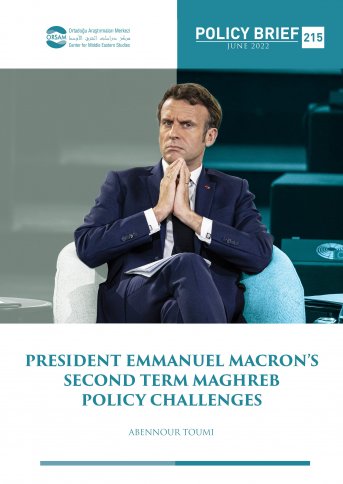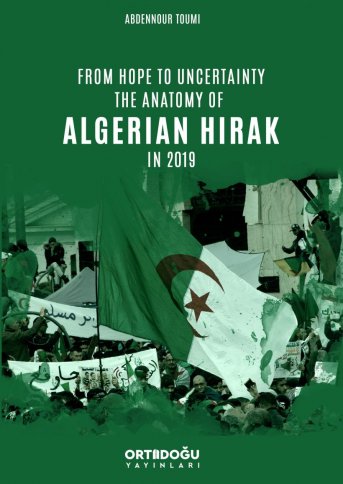
President Emmanuel Macron's Second Term Maghreb Policy Challenges
President Emmanuel Macron’s second term foreign policy is already rife with uncertainties. He has many challenges ahead in his next five-year second term in office, one of them is the Russia-Ukraine war’s security and economic implications on the domestic and regional fronts. He tried tirelessly to stop Russia’s invasion and position himself as a relevant facilitator in the ongoing war. Nonetheless, foreign policy is still not really a domain that is directly related to his persona.
In his first term, he did not speak much about it during his campaign, despite his constructive position on the E.U., aggressive one on Syria and preemptive on Mali; he did make a visit to the troops stationed in North Mali on his first day in office in May 2017.
France’s foreign policy has been known for its pragmatism and steadfastness under all the presidents of the Fifth Republic. However, President Macron inherited an unusual foreign policy paradigm from his predecessor, former President Francois Hollande, who orchestrated a prudent foreign policy that matched his character.
As a result, his foreign policy in general and his MENA foreign policy were described by France’s foreign policy analysts: a fiasco because of his incoherent paradigm that was set with then his foreign affairs minister, Jean Yves Le Drian, which caused too much trouble for Paris; for instance, it damaged Paris’s international political credibility with strategic allies such as the US. Adding to this the French military operations in the African Sahel that led to the withdrawal of Paris from Mali, leaving a power vacuum filled out by Russia.






